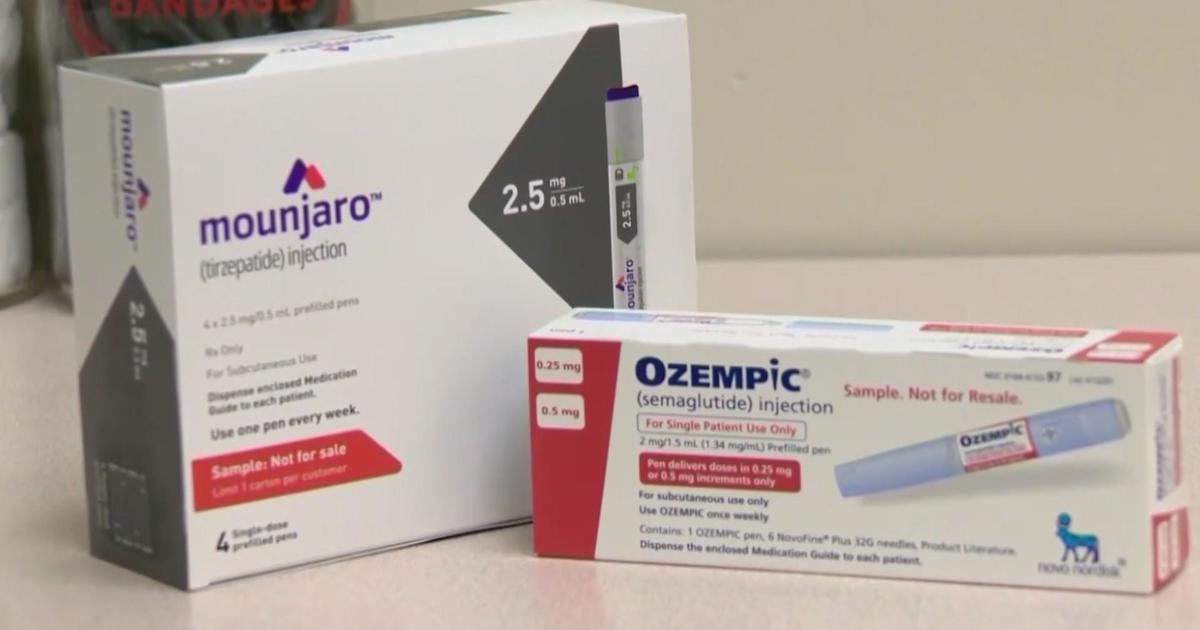How About A Nice Juicy Burger Topped With Trimethylamine N-oxide?
 For years we've been throwing up warning flags about eating a lot of red meat -- mainly because of its high saturated fat and cholesterol content.
For years we've been throwing up warning flags about eating a lot of red meat -- mainly because of its high saturated fat and cholesterol content.
Now comes research that points a greasy finger away from the fats, and says a different chemical may be the reason red meat and your heart arteries don't get along.
It's called carnitine -- sort of a chemical that's related to amino acid and protein.
Researchers say the carnitine in meat has a head on collision in your intestinal tract during digestion -- the carnitine then interacts with the so-called good bacteria in your gut and forms a product called Trimethylamine N-oxide -- which then goes on to gum up your heart arteries.
The study looked at 2595 people who ate wide ranges of red meat, and analyzed their blood for all of these chemicals, and found those who chewed down the most red meat had the highest levels of the stuff that is anti-heart health.
A direct link from a burger to a heart attack? Not really, but when researchers looked at the numbers -- plus the rates of heart attack -- it makes you think maybe even the leanest of red meats should be limited to a small serving(s) each week.
BTW, this carnitine stuff is an additive to many energy drinks -- which gives me one more reason to run away from these products. I just don't like them and ... I will take my coffee if I need a boost (and maybe get some other health benefits while I'm at it.)
Just one more reason vegetarians may have it right (but I'm still not a full convert -- I do love a good official burger --catsup and pickles only easy on the Trimethylamine stuff).
Here are some carnitin contents of a variety of foods:
| Product | Quantity | Carnitine |
|---|---|---|
| Beef steak | 100 g | 95 mg |
| Ground beef | 100 g | 94 mg |
| Pork | 100 g | 27.7 mg |
| Bacon | 100 g | 23.3 mg |
| Tempeh | 100 g | 19.5 mg |
| Cod | 100 g | 5.6 mg |
| Chicken breast | 100 g | 3.9 mg |
| American cheese | 100 g | 3.7 mg |
| Ice cream | 100 ml | 3.7 mg |
| Whole milk | 100 ml | 3.3 mg |
| Avocado | one medium | 2 mg |
| Cottage cheese | 100 g | 1.1 mg |
| Whole-wheat bread | 100 g | 0.36 mg |
| Asparagus | 100 g | 0.195 mg |
| White bread | 100 g | 0.147 mg |
| Macaroni | 100 g | 0.126 mg |
| Peanut butter | 100 g | 0.083 mg |
| Rice (cooked) | 100 g | 0.0449 mg |
| Eggs | 100 g | 0.0121 mg |
| Orange juice | 100 ml | 0.0019 mg |



